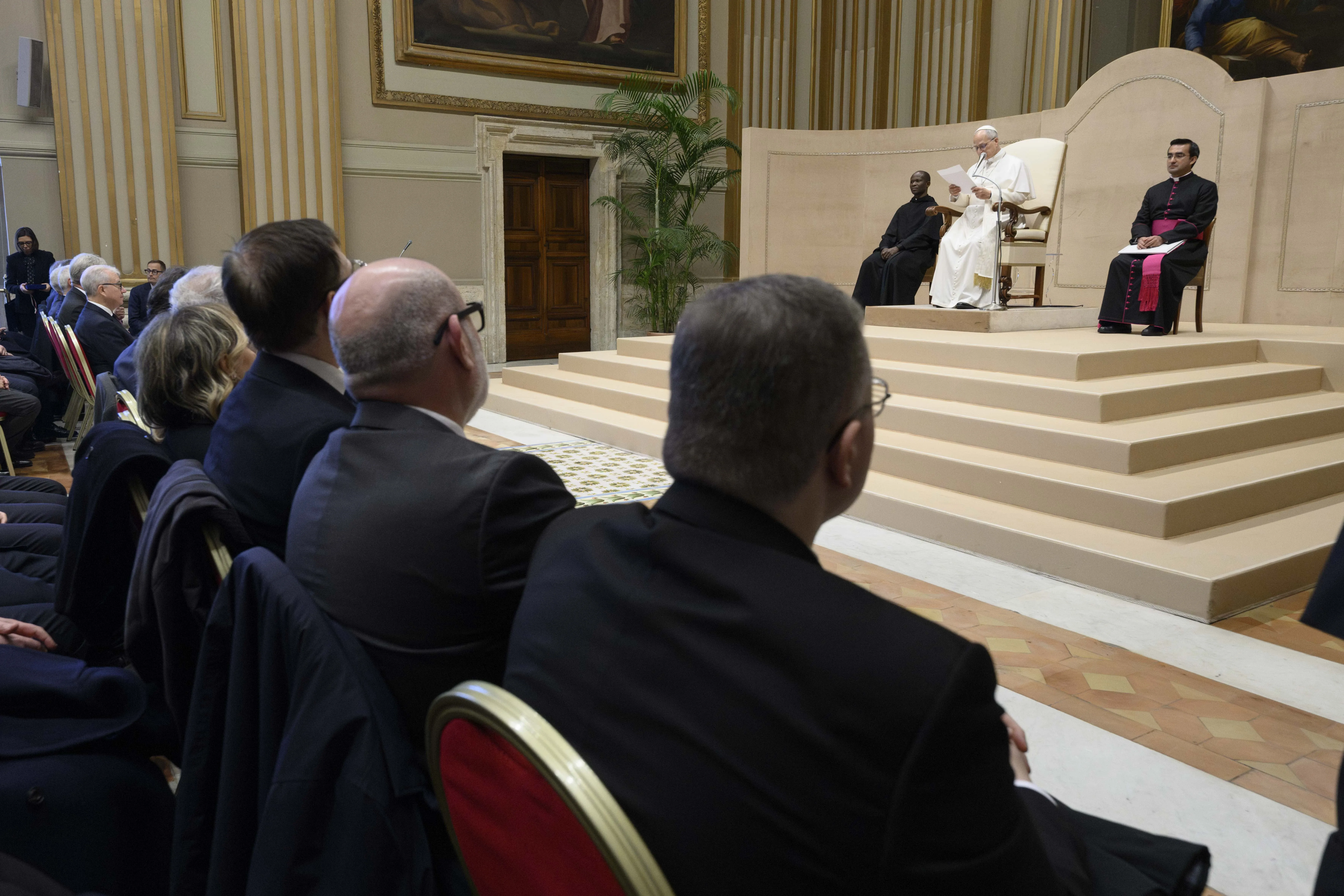Libya’s civil war started in 2014 after disputed elections when rebel commander Khalifa Hifter led the Libyan National Army on a military offensive against the Tripoli-based Government of National Accord led byPrime Minister Fayez al-Sarraj.
Libya has the largest oil reserves of any country in Africa, increasing the stakes for a number of foreign powers who have become involved in the conflict.
Hifter is backed by Russia, Egypt, Saudi Arabia, and the United Arab Emirates, while Al-Sarraj's administration is supported by the U.N., Turkey, Qatar, Italy, and the United States.
The ongoing violence in Libya has led tens of thousands of people in Libya to flee their homes.
Pope Francis prayed for these internally displaced people, as well as the hundreds of thousands of migrants and asylum seekers who have traveled to Libya from neighboring African countries.
“I also pray for the thousands of migrants, refugees, asylum seekers and internally displaced persons in Libya,” he said. “The health situation has aggravated the already precarious conditions in which they find themselves, making them more vulnerable to forms of exploitation and violence. There is cruelty.”
“I call on the international community to please take their plight to heart, identifying pathways and providing means to provide them with the protection they need, a dignified condition and a hopeful future,” Pope Francis said.
“Brothers and sisters, we are all responsible for this. No one can consider him or herself dispensed from this. Let us all pray for Libya in silence,” he added.
In his Angelus address Pope Francis also offered a reflection for the Solemnity of Corpus Christi, celebrated in Italy and other countries this Sunday.
“Jesus is present in the sacrament of the Eucharist to be our nourishment, to be assimilated and to become in us that renewing force that gives once again the energy and the desire to set out again after every pause or after every fall,” he said.
Earlier on Sunday Pope Francis offered Mass and Eucharistic adoration in St. Peter’s Basilica with a limited number of people present to safeguard against the coronavirus. In his homily, he said that Christ’s presence in the Eucharist heals wounds and transforms bitter negativity into the joy of Lord.








